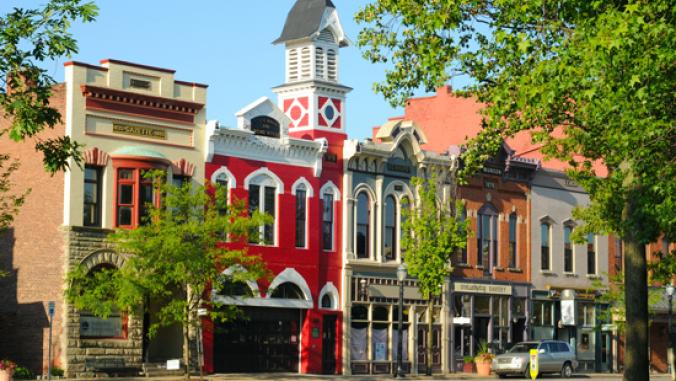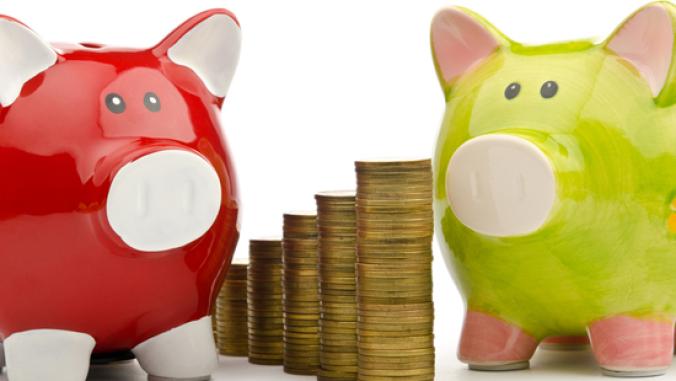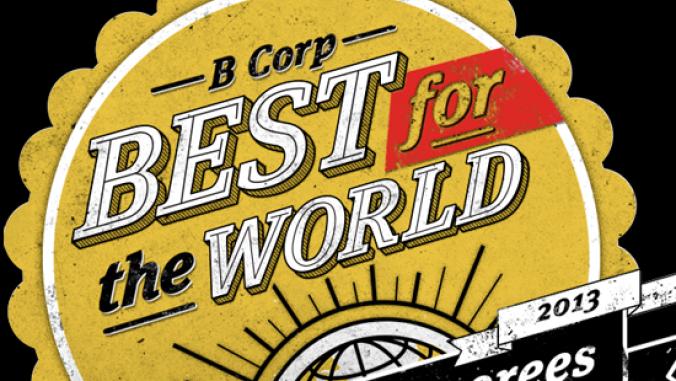Turning Waste Into Gourmet Food: S.F.'s Success Story
The city of San Francisco's food composting program has reaped huge dividends in reducing waste, helping local farmers grow high-quality food, and brings its bounty back to the area's residents.

And although it's not exactly a chicken-and-egg scenario, a recent article in the San Francisco Chronicle points out an innovative and highly successful program in that city that both stems from and feeds into the region's love of good food.
Jane Kay, the Chronicle's environment writer, looks into S.F.'s food waste recycling program and finds a cornucopia of benefits:
About 2,000 restaurants, 2,080 large apartment buildings and 50,000 single-family homes have embraced the city's environmentally friendly green bins. The scrap is turned into gold, a rich compost that boosts the region's bounty of food while curbing carbon dioxide in the atmosphere.
San Francisco's garbage and recycling companies are leading the way in producing a high-quality, boutique compost tailored for Bay Area growers, experts say. In one year, 105,000 tons of food scraps and yard trimmings - 404 tons each weekday - get turned into 20,000 tons of compost for 10,000 acres.
The compost is in such demand from nearby growers of wine grapes, vegetables and nuts that it sells out at peak spreading season every year.
One big payoff comes from the crops that return to feed the Bay Area, making a full circle of food returning to food. The composted crops are sold in farmers' markets to restaurants such as Chez Panisse in Berkeley and in wine made by Sonoma and Napa vintners.
Kay explores how the voluntary composting program (which she says may become mandatory in the near future) not only helps make Bay Area farms more productive, but is also keeping the city on track to meet its goal of reducing by 75 percent the waste it sends to landfills by 2010.
Food waste is still a huge issue globally, and most people I've spoken with informally about composting are either intimidated by perceived complexity or have been grossed-out by experimental composting that led to maggots and foul stenches in their green bins. But San Francisco's program shows that, done right and with plenty of support from cities and waste-management firms, composting can be a huge environmental and social boon.
Postscript: Literally as I was proofreading this post to publish it, I received an email announcing that the Berkeley Farmers' Markets are going packaging- and plastic-bag free in advance of Earth Day. It's an epidemic of greenness around these parts!
Photos from the San Francisco Ferry Building farmers market CC-licensed by Flickr users p200eric and la fattina.





